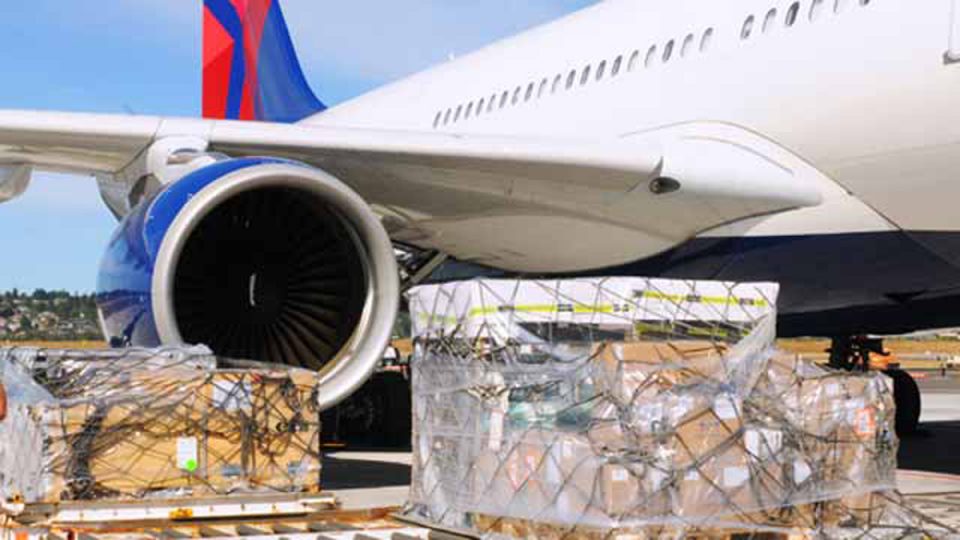Amid the post-pandemic resurgence in air passenger and freight demand, the global sector has recorded a fresh dip with the Russia-Ukrainian crisis triggering a fresh disruption in the air cargo segment.
The International Air Transport Association’s (IATA) latest market report released yesterday, stated that global demand fell 5.2 per cent as the impacts of economic sanctions on Russia kick in.
Capacity was 1.2 per cent above March 2021 (+2.6 per cent for international operations). While this is in positive territory, it is a significant decline from the 11.2 per cent year-on-year increase in February. Asia and Europe experienced the steepest fall in capacity.
Several factors were noted in the operating environment. The war in Ukraine led to a fall in cargo capacity used to serve Europe as several airlines based in Russia and Ukraine were key cargo players. Sanctions against Russia led to disruptions in manufacturing. And rising oil prices are having a negative economic impact, including raising costs for shipping.
New export orders, a leading indicator of cargo demand, are now shrinking in all markets except the U.S. The Purchasing Managers’ Index (PMI) indicator tracking global new export orders fell to 48.2 in March. This was the lowest since July 2020.
Global goods trade has continued to decline in 2022, with China’s economy growing more slowly because of COVID-19 related lockdowns (among other factors); and supply chain disruptions amplified by the war in Ukraine.
General consumer price inflation for the G7 countries was at 6.3 per cent year-on-year in February 2022, the highest since 1982. IATA’s Director-General, Willie Walsh, said air cargo markets mirror global economic developments.
“In March, the trading environment took a turn for the worse. The combination of war in Ukraine and the spread of the Omicron variant in Asia have led to rising energy costs, exacerbated supply chain disruptions, and fed inflationary pressure.
“As a result, compared to a year ago, fewer goods are being shipped—including by air. Peace in Ukraine and a shift in China’s COVID-19 policy would do much to ease the industry’s headwinds. As neither appears likely in the short-term, we can expect growing challenges for air cargo just as passenger markets are accelerating their recovery,” Walsh said.
Asia-Pacific airlines saw their air cargo volumes decrease by 5.1 per cent in March 2022 compared to the same month in 2021. Available capacity in the region fell 6.4 per cent compared to March 2021, the largest drop of all regions.
The zero-COVID policy in mainland China and Hong Kong is impacting performance. North American carriers posted a 0.7 per cent decrease in cargo volumes in March 2022 compared to March 2021. Demand in the Asia-North America market declined significantly, with seasonally-adjusted volumes falling by 9.2 per cent in March. Capacity was up 6.7 per cent compared to March 2021.
European carriers saw an 11.1 per cent decrease in cargo volumes in March 2022 compared to the same month in 2021. This was the weakest of all regions. The Within Europe market fell significantly, down 19.7 per cent month on month. This is attributable to the war in Ukraine. Labor shortages and lower manufacturing activity in Asia due to Omicron also affected demand. Capacity fell 4.9 per cent in March 2022 compared to March 2021. African airlines, however, saw cargo volumes increase by 3.1 per cent in March 2022 compared to March 2021. Capacity was 8.7 per cent above March 2021 levels.




